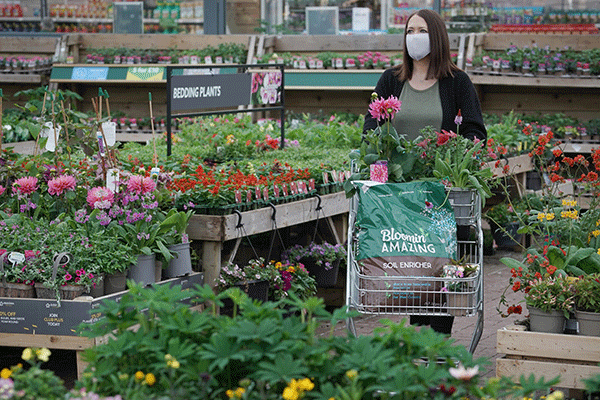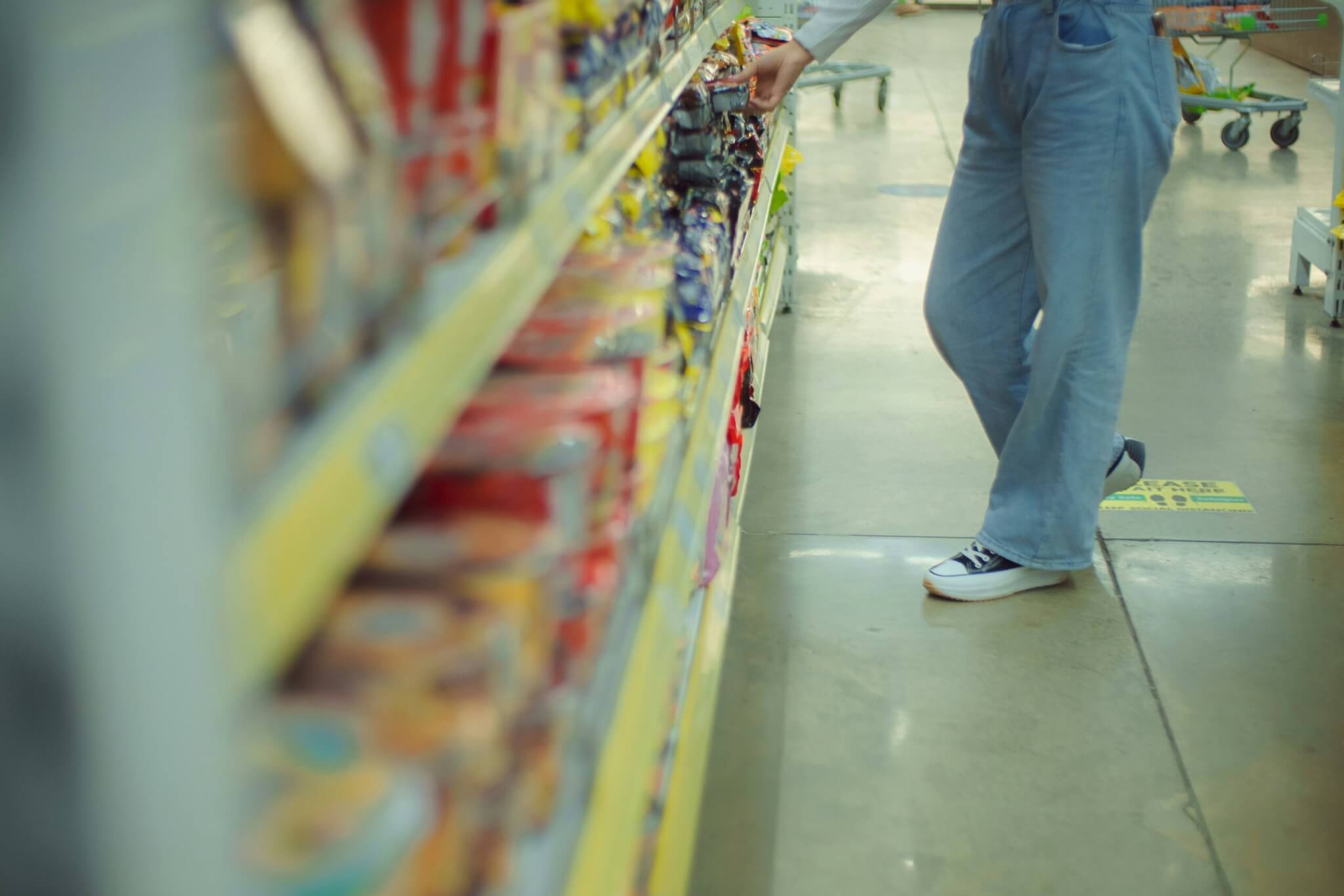B&Q, one of the UK’s biggest home improvement and gardening retailers, will today throw down the gauntlet to rivals by committing to offering its shoppers 100 per cent peat-free bagged compost across its entire range by the end of 2023.
As compost manufacturers and retailers grapple with the challenges of going completely peat-free by 2024 in line with the government’s recently announced new ban – and after years of delay and a failed voluntary initiative – they are under pressure to reveal how they plan to hit the new deadline.
Environmentalists have long warned that digging up peatlands for use in gardens is devastating for wildlife and a huge source of damaging carbon emissions. Yet despite a voluntary ban to phase out peat for use by amateur gardeners before 2020 – which was not met – most compost sold in garden centres remains peat-based.

Peatlands grow by the slow build-up of plant material in waterlogged landscapes, and peat harvested from them has been a major and familiar ingredient of compost since the 1960s. As valuable ecosystems, they help supply the nation’s drinking water, prevent flooding by storing water and are rich in plant and wildlife.
Peatlands are also powerful carbon sinks, but if misused or damaged this effect is reversed. The scale of peat degradation means peatlands are now losing more carbon than they are gaining, with only 13 per cent of UK peatlands now in a near natural state.
B&Q, which has 300-plus outlets in the UK and Ireland, was one of the first major retailers to introduce peat-free options in 1991. It stopped selling 100 per cent peat in 2008 and introduced a range of peat-free bedding plants in 2014. With the higher cost of peat-free typically adding £2 to a bag, B&Q offers it as the same price as the peat version.
Meanwhile, the supermarket chain Waitrose has pledged that its range of bagged gardening compost – on sale both in store and online – will be completely peat-free by the beginning of 2022. Lockdown gardening had led to sales of compost soaring by 82 per cent, it said.
The moves come amid criticism that the industry has been dragging its feet on the issue while failing to give consumers a wider choice or clearer labelling to help them understand what they are buying. In a recent survey of 20 major retailers carried out by the Wildlife Trusts (to which just 11 responded) only two declared an end-date for peat; Travis Perkins by the end of 2021 and Wickes by 2025.
Most peat-free composts contain wood-based materials such as composted bark, sawdust, wood or paper waste, often topped up with green waste or a coconut fibre known as coir.
Paul de Zylva of Friends of the Earth said: “B&Q led the sector’s attempts to end the sale of peat compost and it’s no surprise to see B&Q in the lead again. But will the rest of the trade follow? Foot-dragging by most of the sector scuppered the government’s aim to end peat use by 2020. Ministers must stand firm on their new 2024 target date and even end peat sales sooner, giving everyone real choice to go truly peat-free now.”
The finer details of the proposed ban – including whether the government will want the wider horticulture industry to stick to an existing deadline to go peat-free by 2030 – will be determined by the results of a consultation by Defra (the Department for the Environment) which is promised by the end of the year.
However, the Growing Media Association (GMA) – which represents around 90 per cent of manufacturers – has confirmed (to Wicked Leeks) that a new labelling scheme which aims to tell consumers exactly what is in their bag of compost will be launched in January 2022, ahead of the start of the spring growing season.
As well as using food label-style ingredient lists on bags, the new Responsible Labelling Scheme will have A-E eco ratings that reflect energy and water use etc, on a petal-based logo. Consumers will be able to scan QR codes on bags and point of sale material to get the most up to date information.

The new scheme has been overseen by a taskforce set up by Defra in 2011. Steve Harper, who chairs the scheme on behalf of the GMA, said: “It has taken ten years to get to this but as we move into a peat-free environment we think it will be a flexible model and very helpful for consumers.”
Helen Browning, chief executive of the organic certifier the Soil Association, commented: “We welcome the decision to ban sales of peat in garden centres and assume this will extend to its commercial use where much larger volumes are involved.
“This will require rapid innovation and scaling up of peat alternatives to prevent loss of capacity in vegetable production, at a time when we must ensure that UK citizens consume as much fresh produce as possible, without offshoring production and, with it, our environmental responsibilities. There is a need to ‘join the dots’ between these ambitions and the reform of farm policy and support post-Brexit.”













0 Comments